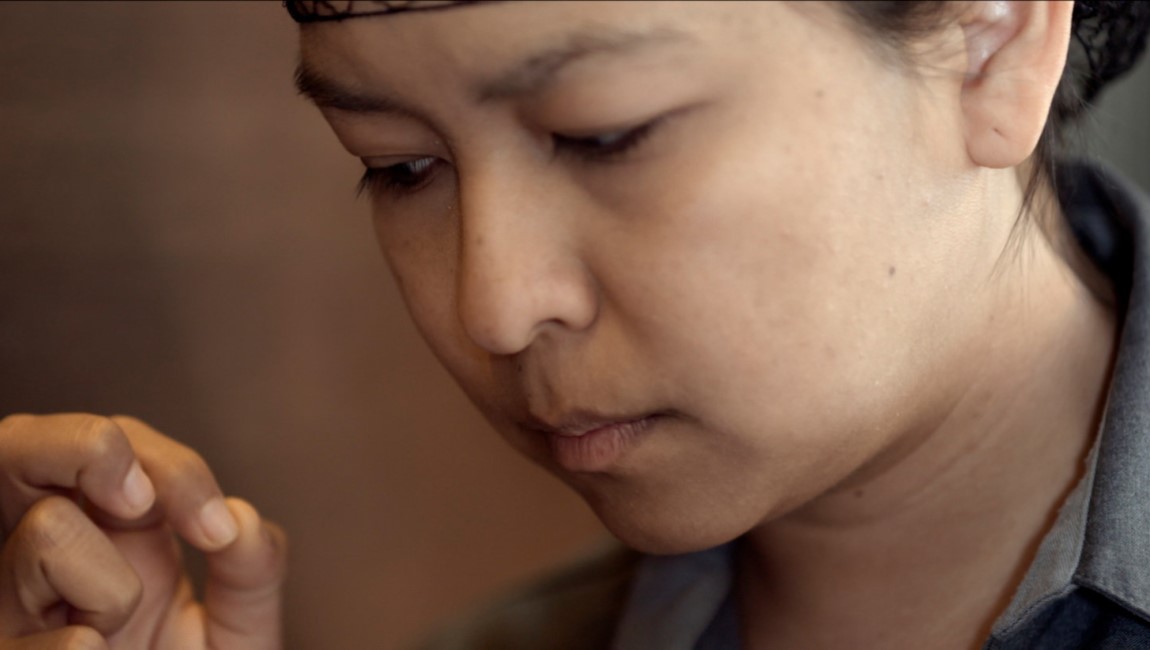Between the birth of the civil rights movement and the present dearth of ideological nuance, no small credit should be given to the former for its revolutionary and transformative effects: effects which have not only engendered reactionary backlash, but also produced a generation overly confident in the sanctity of its worldviews. Such confidence quickly breeds historical amnesia and consigns all opposition to the rhetorical dustbins of antiquity; today’s youth find it easier, by and large, to dismiss conservatism as bigotry, continuity as blight. And yet continuity was what tided the riotous Sixties into the Seventies, as second-wave feminism both captured and conceded political ground through a combination of theory and praxis, championing new forms of labor and intimate relations whilst sparring at its still-nascent margins where race, sexuality, and other intersectional concerns became paramount. Amid the hubbub and during an era when television amplified progressive and misogynistic sentiments alike, the figure of one Shere Hite seemed to dominate a good part of American socio-cultural discourse. Today, her name hardly comes up.
One reason for the disappearance of Shere Hite is thuddingly literal: she went into self-exile by renouncing her U.S. citizenship for a German one in 1995. Nicole Newnham’s informative and piercingly compelling documentary, following 2020’s Crip Camp: A Disability Revolution, chronicles the personal and professional life of its subject, a trailblazer who popularized — even if she did not single-handedly pioneer — the examination of Americans’ sex lives. Politicizing the bedroom, as her detractors frequently accused her of, Hite sought to uncover its normalized performances, statuses, and practices; in 1976, she published The Hite Report: A Nationwide Study of Female Sexuality, which aggregated the results of over 3,000 surveys mailed to women of all demographics. In this overnight sensation — it quickly drew press coverage and soon prompted her to undertake a similar project on male sexuality — Hite challenged the orthodoxy of the female orgasm originating solely from penetration, and sited it instead at the clitoris. Thus came masturbation into the fold, no longer stigmatized; or, at the very least, shunned from the discursive imagination no more.
But Shere Hite also faded from public intellectual life, following years of vigorous debates, appearances, and engagements with the media, most of whom spared no expense in attempting to discredit her. Hite’s modeling for Playboy during her student days — to supplement a meager income whilst pursuing a field of study somewhat hostile toward her — was dredged up as textbook character assassination, conflating promiscuity with unreliability to paint the feminist movement in all the unsavory colors we’re quick to identify today. As Hite herself states, refracted through Dakota Johnson’s oneiric offscreen narration, “[she] quickly understood that the history of female sexuality was very much a story that repeated itself. […] It’s a story of the successive erasure of knowledge.” Her role, to herself and history, was to break this “functional silence,” but this silence proved equally potent when it came to censuring her research. Her book profits were curtailed by disgruntled publishers; her primetime with Oprah derailed by angry men; and her spark extinguished, over the years, by the ascendancy of Christian fundamentalism.
The approach undertaken by Newnham is, on the whole, remarkably effective; for while The Disappearance of Shere Hite has all the trappings of conventional biography, its wealth of archival footage provides a scintillating immediacy to the resurrection of a name and face largely forgotten. Hite’s strawberry blonde hair, flamboyant personality, and characteristic murmur reveal a woman aloof and composed, yet intensely committed to questioning the injustices of the day. Watching her some 40-odd years later, one is struck by a kind of awe at how this pose, now struck with ease by many, could garner such disapproval, even revulsion. In this way, Newnham’s documentary seeks to reclaim Hite as a feminist icon, but it also, somewhat unexpectedly, proffers a counterpoint to moral conceit: after all, The Hite Report cost its author a large part of her identity. While the film would have been further distinguished by adopting a more discerning lens toward the sexologist’s admittedly flawed methodologies, it is, as it stands, a welcome prescription of will and optimism in a seemingly forlorn climate. “How would you define love?” Hite muses. “Is it the thing you work at for a long period or time, or is it the strong feeling you feel for someone right from the beginning, for no known reason?” Applied to activism, The Disappearance of Shere Hite suggests it’s a bit, and then a lot, of both.
DIRECTOR: Nicole Newhnam; CAST: Dakota Johnson; DISTRIBUTOR: IFC Films; IN THEATERS: November 17; RUNTIME: 1 hr. 57 min.







